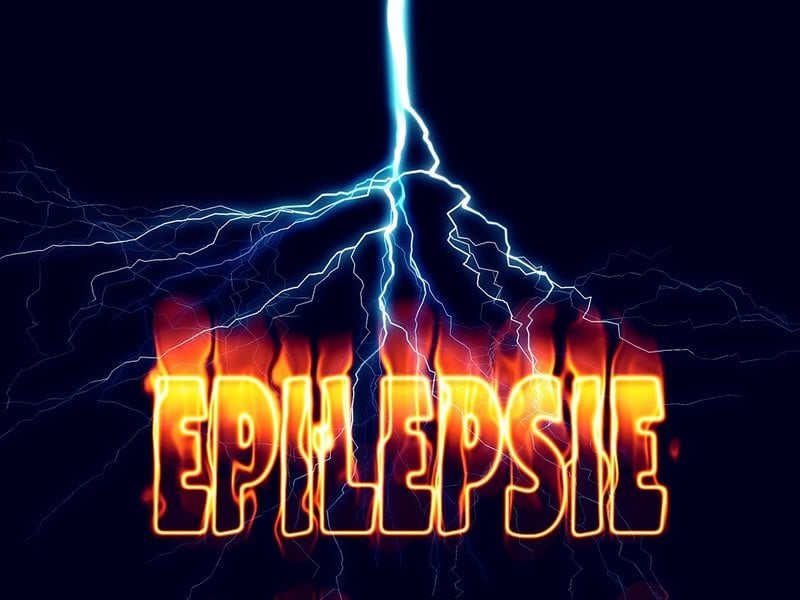Summary: The effect cannabidiol has on Lennox-Gastaut syndrome may be explained by the drug-drug interaction between CBD and anti-seizure medication.
Source: Wiley
Results from a study published in the British Journal of Clinical Pharmacology may help explain why cannabidiol–a chemical component of marijuana with no psychoactive properties–reduces the frequency of seizures in patients with a severe form of epilepsy. The effect may be explained by a drug-drug interaction between cannabidiol and the anti-seizure medication clobazam.
The form of epilepsy examined in the study is called Lennox-Gastaut syndrome. Investigators conducted clinical trial simulations for the effect of 20 mg/kg/day cannabidiol on seizure frequency in patients with this syndrome.
“The effects of cannabidiol on seizure frequency in Lennox-Gastaut patients could be explained entirely through estimated elevations of blood levels of clobazam, which might mean that cannabidiol in itself may not have any, or at best limited, antiepileptic effects,” said senior author Geert Jan Groeneveld, MD, PhD, of the Centre for Human Drug Research, in The Netherlands.

Dr. Groeneveld also co-authored an accompanying editorial that highlights some of the shortcomings of past clinical trial analyses on cannabidiol’s effectiveness for reducing seizures.
Source:
Wiley
Media Contacts:
Penny Smith – Wiley
Image Source:
The image is in the public domain.
Original Research: Closed access
“Clinical trial simulations of the interaction between cannabidiol and clobazam and effect on drop‐seizure frequency”. Kirsten Riber Bergmann, Karen Broekhuizen, Geert Jan Groeneveld.
British Journal of Clinical Pharmacology doi:10.1111/bcp.14158.
Abstract
Clinical trial simulations of the interaction between cannabidiol and clobazam and effect on drop‐seizure frequency
With this study we aim to test the hypothesis that the effect of cannabidiol on drop‐seizure frequency in patients with Lennox–Gastaut syndrome and Dravet syndrome could be attributed to a drug‐drug interaction with clobazam. We performed clinical trial simulations for the effect of 20 mg/kg/day cannabidiol on drop‐seizure frequency in patients with Lennox–Gastaut syndrome. We assumed that patients taking 10 or 20 mg clobazam would have a 2‐ to 7‐fold increase in N‐desmethylclobazam exposure, whereas patients not taking clobazam would have a median reduction in drop‐seizure frequency and a variability in the percent reduction similar to the placebo group. The results show that the effect of cannabidiol on the median reduction in drop‐seizure frequency in patients with Lennox–Gastaut syndrome may be explained by a drug‐drug interaction with clobazam. This may have important implications for the use of cannabidiol and its FDA registration.






